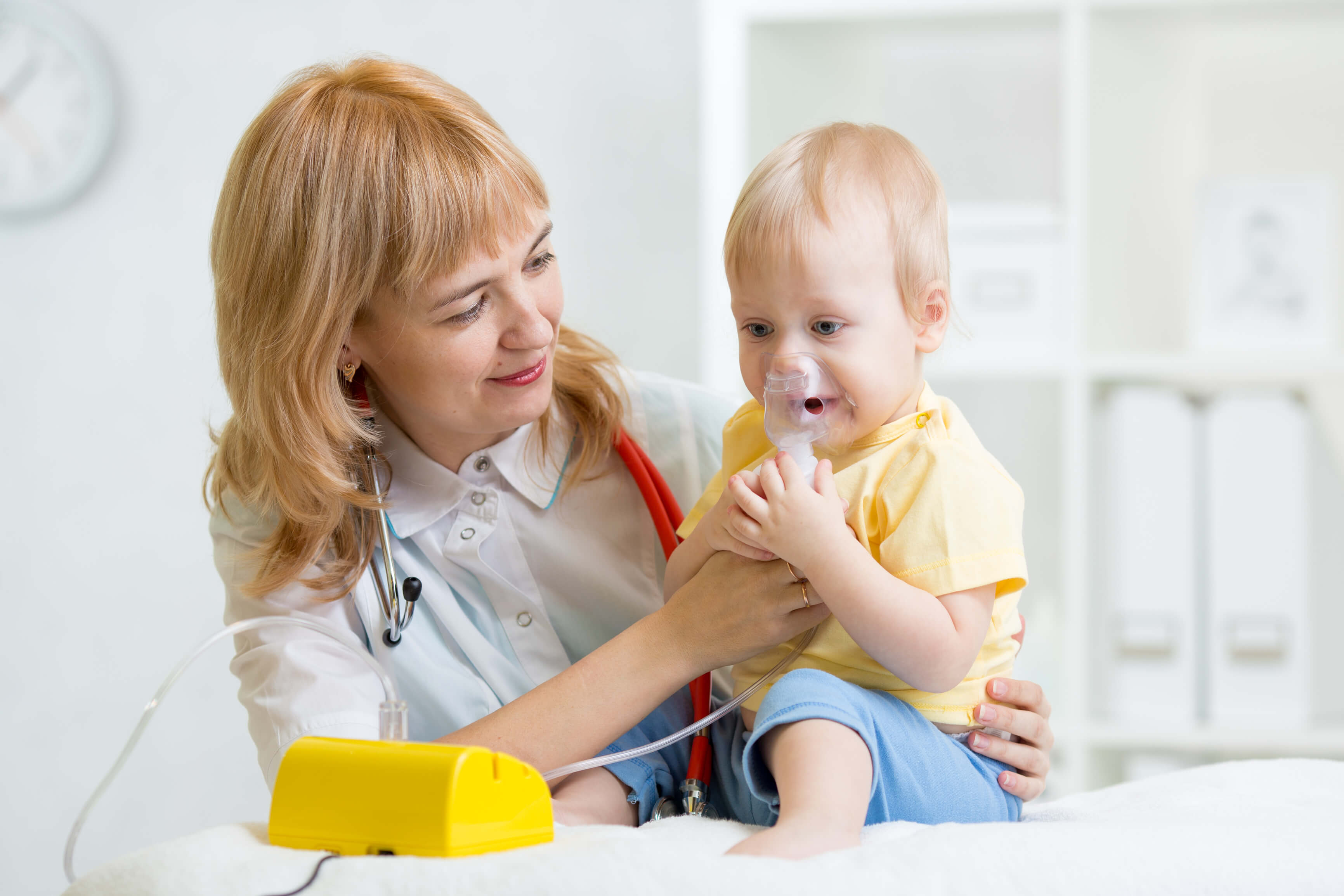
- 0203 903 7866
The Portland Hospital for Women and Children,
205-209 Great Portland Street, London W1W 5AH - Request Appointment
 GP Referral
GP Referral

Acute Bronchitis causes a build up of mucus, coughing and sometimes pain behind the breastbone. In uncomplicated cases, full recovery can be attained in 10-14 days.
Bronchitis in babies and children is rare and usually occurs as a consequence of a disorder with the respiratory system, heart or immune system. Children with asthma or cystic fibrosis and premature babies are more likely to be affected by bronchitis, for example. In these children, bronchitis symptoms can last for months or occur recurrently. This is called Chronic Bronchitis. Children who require a tracheotomy may get bronchitis recurrently.
Chronic bronchitis can be caused by breathing in substances that irritate the lungs, for instance, by passive smoking or exposure to environmental pollution. It is known that children living near busy motorways have impaired respiratory health and those with sensitivities to various common allergens may be particularly vulnerable to traffic fumes.

Self-help measures for babies and children with bronchitis include making sure they drink plenty of fluids and rest, as well as keeping them away from second-hand smoke and people with colds and flu. Baby paracetemol may reduce unpleasant symptoms.
If the child has asthma or any other diagnosis that may be contributing to the bronchitis, appropriate treatment should be given to manage them. Once symptoms of asthma or another disorder are controlled correctly, symptoms of bronchitis may resolve.
Babies require immediate emergency hospital care if:
Other signs that require medical attention include having a high fever that won't come down with fever reducers, refusing to breastfeed or having fewer feeds, taking less than half of their usual bottle of formula consistently, not having a wet nappy for 12 hours or irritability that can't be soothed.
Inpatient therapy will focus on getting enough oxygen to the baby with supplementary oxygen, ventilation if needed and bronchodilators. These are injectable medications that help to widen the baby's airway and make breathing easier. If the baby doesn't improve after being given bronchodilators and they have wheezy bronchitis, they may respond more favourably to a short course of corticosteroids. Antibiotics are usually ineffective but can be given in cases where symptoms last longer than a four weeks or there is a prolonged fever as they may have a form of bacterial bronchitis.
For a full evaluation of your child, diagnosis and outpatient treatment at Professor Habibi's specialist paediatric practice, just call to arrange a consultation.